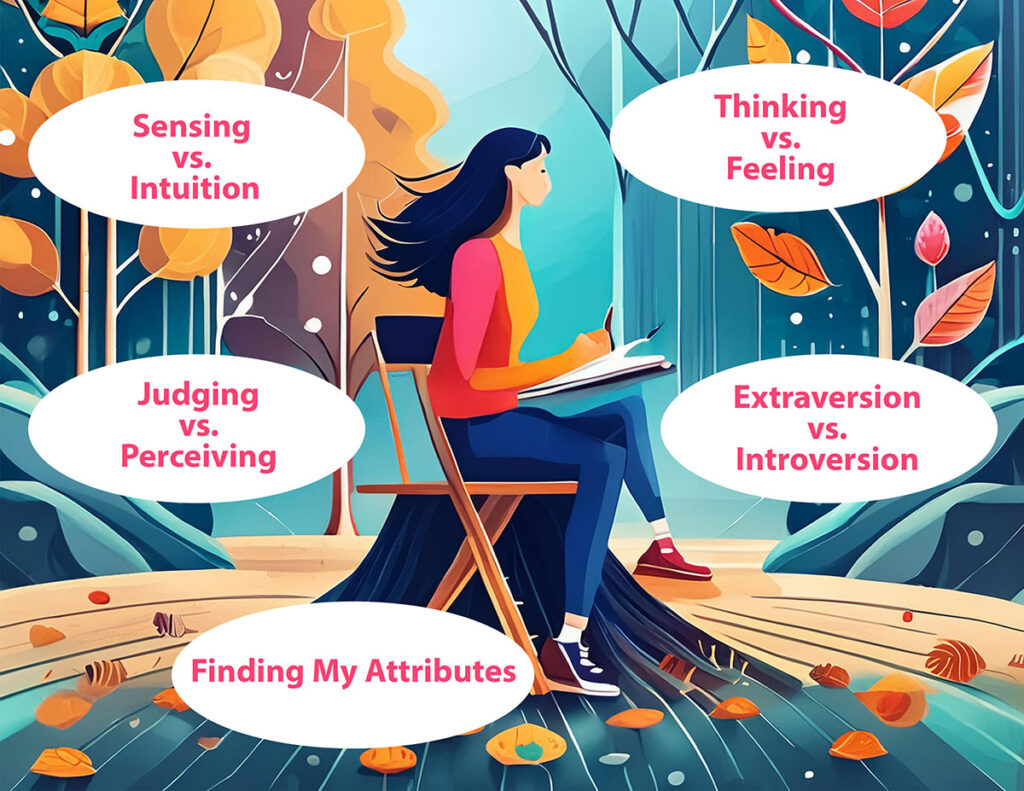To find the right career, you must have a job that you enjoy. To enjoy your job, you will want to do something that gives you purpose. For many people, working to help people is extremely meaningful and fulfilling. It can be difficult to know where to start, regardless of whether you are changing careers or starting your first job. Here are some top tips to help you on your journey.

Consider your “Why.”
When starting anything new, it can be extremely helpful to consider WHY you want to do it.
This can help you find a job that is meaningful to you personally. When you ensure that your actions and decisions align with your goals, you are more apt to be happy with your new direction. You can find motivation in service to others when things get complicated. When starting to find a new path in life, always assess your aptitudes, personality, likes, and dislikes, and consider putting your passions first. Remember, a career is not a quick race to the finish line. It is a marathon where each step can be rewarding.
Do Your Research.
You should conduct research into different industries that involve work that helps people. This will help you understand what jobs and industries are available and align with your needs, passions, and goals.
You will find various jobs in your research, so you can start to note down the ones that interest you. You can learn about what they entail, as many might sound good but are not what they seem. Some are going to require experience and special certifications. This means you will have to set some goals and obtain them first.
Obtain Skills and Qualifications
Besides earning the appropriate certifications, education, and degrees required in a particular field, many roles that require helping people involve other skills and attributes. In general, you should have the following skills if you want to work with people. There are many more attributes and things to consider that will make you a true professional in your chosen field. You will be required to work on them continually.
- Compassion and Empathy
These individuals have a naturally strong ability to understand and share the feelings of others. They readily put themselves in someone else’s shoes. People exhibiting these qualities have emotional intelligence, making building rapport and trust with those they help easier. - Conflict Resolution Skills
When you recognize behavior patterns within a conflict, you can listen more connectedly and find common ground. This involves finding a way forward through dialogue. These skills show resiliency and strength and lead to conflict resolution. - Initiative
Be willing to step out front and lead. New ideas are needed in many situations where people are engaged in care professions. Being willing to listen is a good idea, but if no one steps up in times of need, this can lead to a poor outcome. - Patience and Resilience
Helping others can be emotionally demanding. Patient and resilient individuals can better handle challenging situations and setbacks. They find solutions and avoid getting discouraged. - Problem-solving
Successfully analyzing information from different points of view can help solve a problem with the most appropriate course of action. An important part of a solution is asking the right questions, weighing the options, and finding the best possible conclusion. - Service Orientation
People with an aptitude for helping professions are often driven by a desire to make a positive impact on the lives of others. They find fulfillment in assisting those in need and working towards a greater good. - Strong Communication Skills
It is essential for those in a caring role to communicate effectively, both verbally and nonverbally. They practice actively listening, endeavoring to explain complex information clearly, and providing emotional support to those they are working with. - Be A Team Player
Careers in caregiving most often require practitioners to collaborate with others on their team. Being considerate, mannerly, and astute when forming relationships are key attributes for people in these fields.

How people process information and make decisions. Image Composite was created using Photoshop’s new Beta AI.
When it comes to obtaining qualifications, these will depend on what field you want to enter. For example, if you want to enter the medical field, you will likely need to train in a variety of areas before you can pursue your career. If you want to be a nurse and draw blood for patients, you must seek phlebotomy training. If you want to work as a psychologist helping people with their mental health, you will need to obtain a degree or similar to practice.
Set goals
Goals are very important. Researching and setting goals will help you reach them. Once you have done your research and you know what career path you wish to take, consider writing down the steps you should follow. Make a chart to document and keep track of your progress. Start with smaller actions that will lead up to achieving your bigger goals, step by step.
Setting your goals will involve speaking to people in the industry, making inquiries, finding a mentor, attending industry events, volunteering in your chosen role, and/or obtaining qualifications.
Starting or changing careers can be difficult, but it can also be very rewarding, especially when you find one that you love.



